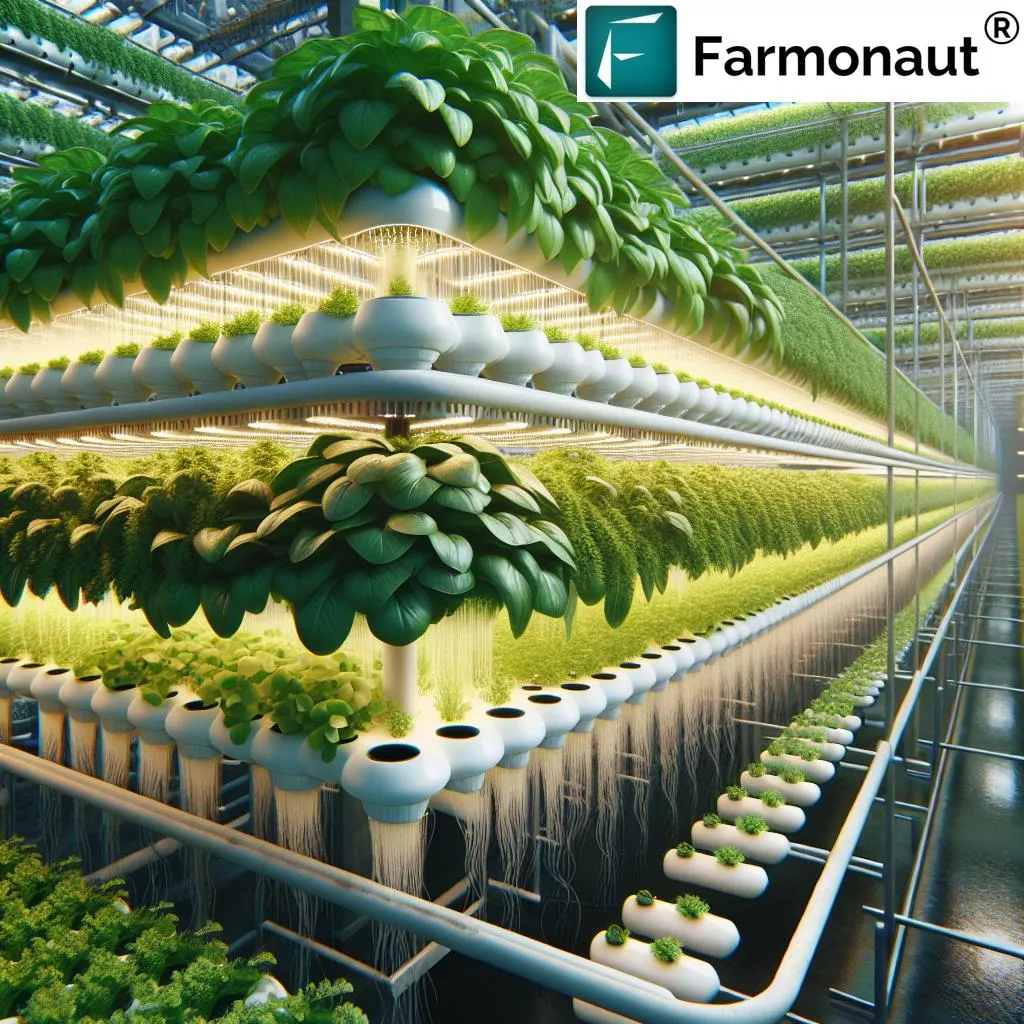In the heart of South Korea, researchers are pioneering a technological revolution that could reshape the future of agriculture. Muhammad Amjad, a leading figure from the Department of Biosystems Engineering at Gyeongsang National University, is at the forefront of this innovation. His recent study, published in the journal *Agronomy* (which translates to English as “Field Cultivation Science”), explores the integration of Internet of Things (IoT) and machine learning technologies into aeroponic farming systems. This fusion of cutting-edge technologies aims to optimize environmental conditions, ultimately enhancing crop yields and resource efficiency.
Aeroponics, a soil-free farming technique, has gained traction for its potential to address global food demand amid water scarcity and climate variability. However, the method faces significant challenges, particularly in irrigation management. Traditional aeroponic systems struggle to dynamically respond to fluctuating environmental conditions such as temperature, humidity, light intensity, and photosynthesis rates. This limitation often results in suboptimal crop yields and resource wastage.
Amjad’s research proposes a novel solution: an IoT–machine learning framework designed to control irrigation in aeroponic systems. “The key limitation in aeroponics is the inability to dynamically respond to environmental fluctuations,” Amjad explains. “By integrating IoT-enabled sensors and machine learning models, we can adaptively optimize misting intervals based on real-time data, ensuring optimal plant health and resource efficiency.”
The IoT sensors provide real-time data on ambient conditions and plant health, while machine learning models analyze this data to make informed decisions. This adaptive control system can dynamically adjust misting intervals, minimizing water loss and enhancing resource efficiency. “This integrated approach is essential for advancing the sustainability of controlled-environment agriculture,” Amjad emphasizes.
The commercial implications of this research are profound, particularly for the energy sector. As the world grapples with the challenges of climate change and resource depletion, innovative agricultural technologies like IoT-enabled aeroponics offer a sustainable alternative. By optimizing resource use and enhancing crop yields, these technologies can contribute to a more resilient and efficient food production system.
Amjad’s work not only addresses the immediate challenges of aeroponic farming but also paves the way for future developments in the field. As the technology evolves, it has the potential to revolutionize agriculture, making it more adaptive, efficient, and sustainable. “This research is a stepping stone towards a future where technology and agriculture converge to create a more sustainable world,” Amjad concludes.
In the rapidly evolving landscape of agritech, Amjad’s research stands out as a beacon of innovation. As the world seeks sustainable solutions to feed its growing population, the integration of IoT and machine learning in aeroponic systems offers a promising path forward. This research not only highlights the potential of these technologies but also underscores the importance of continued innovation in the field of agriculture.

